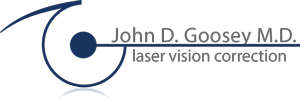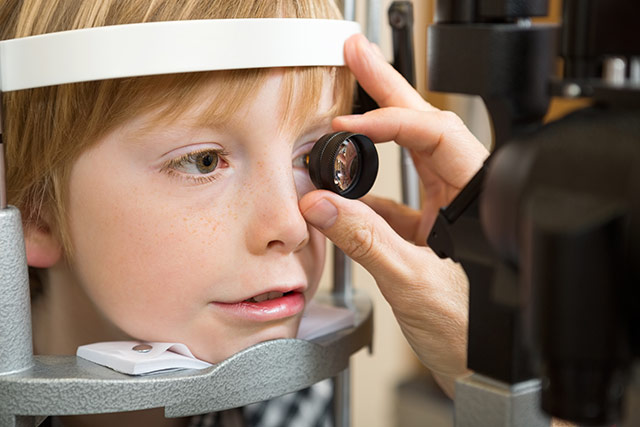Twenty-five percent of school-aged kids, and between 5 and 10 percent of preschoolers experience vision problems; therefore, eye exams are vital. Diagnosing vision problems early is essential since children are typically more responsive to treatment.
If vision problems are assumed during a routine physical examination, your child could be referred for further evaluation by an eye doctor Houston. Eye doctors have specialized training and equipment to assist them in identifying potential vision problems.
For children, eye exams differ in some ways from how adult eye examinations are conducted. The aim is to determine the clearness of the child’s vision, the health of the child’s eyes, how well his or her eyes work, and how well the eyes are moving. Additionally, the doctor checks the shape of the eye and ensures that they have healthy structures.
When making an appointment for the eye examination for your child, go for a time around his or her nap time for younger children; or when an older child is typically happy and alert. The majority of pediatric eye examinations will last a minimum of an hour. The process usually involves waiting for dilating drops to take effect so ensure that the child is engaged or asleep during those times.
Things to Take
- Toys to occupy his or her time, or serve as a distraction
- Diapers (where necessary)
- Sunglasses if dilation of the eyes will be performed
- Snacks
- Child’s medical history
- Notepad
- List of his or her current medicines
- Questions for the doctor
How much the child will understand will obviously depend on his or her age. However, if your child is old enough, discuss the eye exam a day or two prior to going in. Tell him or her about the things that the eye doctor Houston will do during the exam, to ensure their peace of mind before and during the exam.





